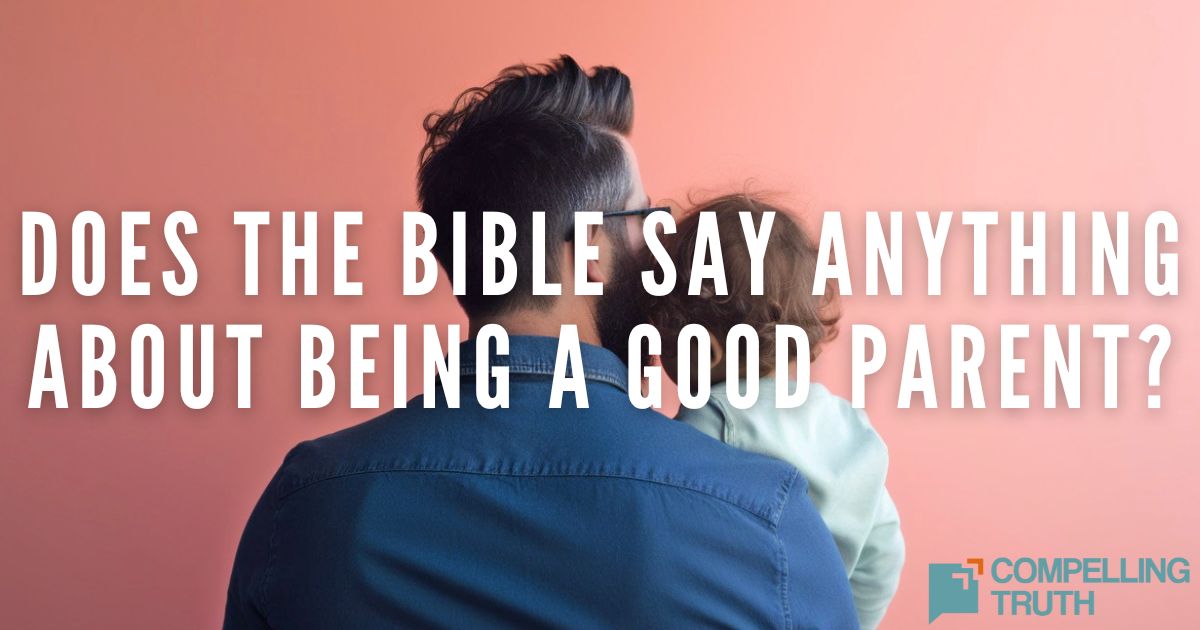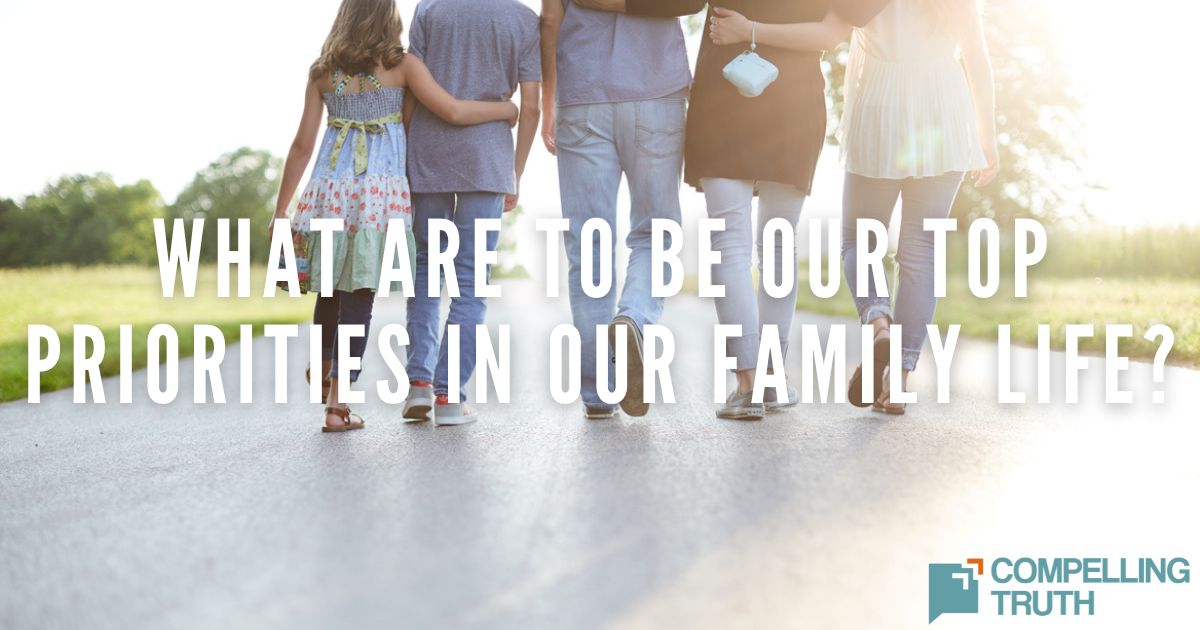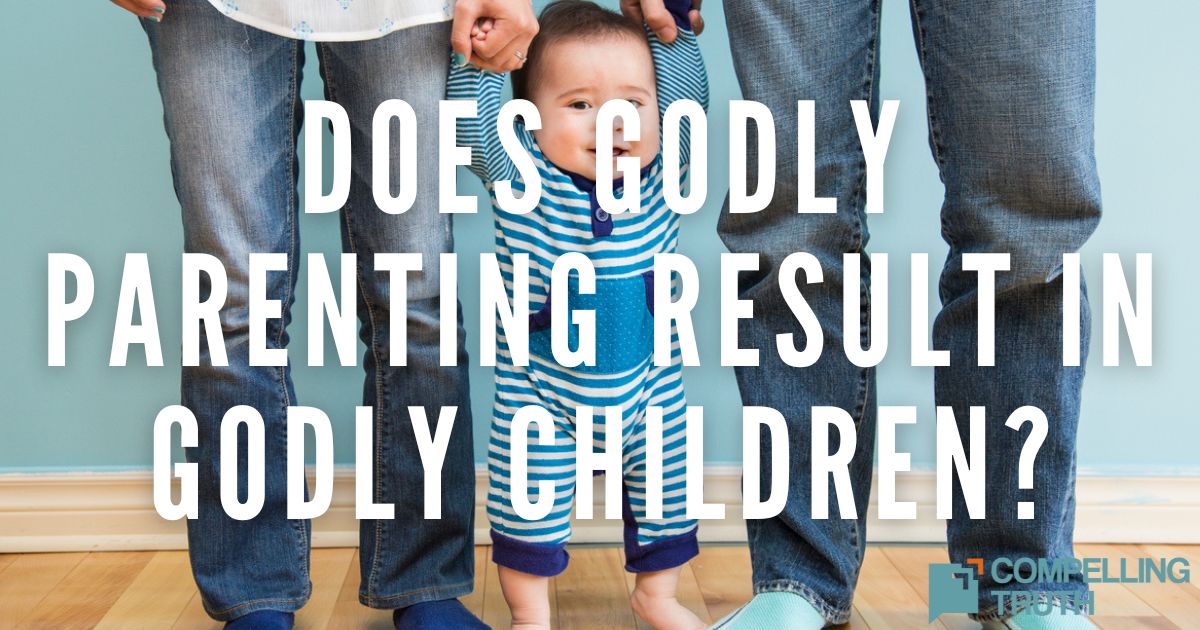what does the bible say?
The Bible doesn’t give specific instruction on parenting children with disabilities, but it offers wisdom and encouragement. Parenting a child with learning disabilities can be difficult and discouraging. We’re invited to bring our emotional, physical, and spiritual burdens to Jesus (Matthew 11:28-30), and we can be honest about how we feel. We can cast our anxieties on Jesus and even make requests to God (Philippians 4:6-7); as we do so, we can also remember to trust in Him and lean on His wisdom instead of our own (Proverbs 3:6). Though parenting brings its trials, it also brings immense joys. We’re not asked to do everything alone—we need the support of the body of Christ (Romans 12:13). As hard as it is to see sometimes, God can make good things come out of our hardest life circumstances (Romans 8:28). Above all, we must love our child with Christ-centered love (1 Corinthians 13:4-7). They need to know about Jesus, and if they believe in Him, understand that their identity is founded in Him alone (Galatians 3:26).




